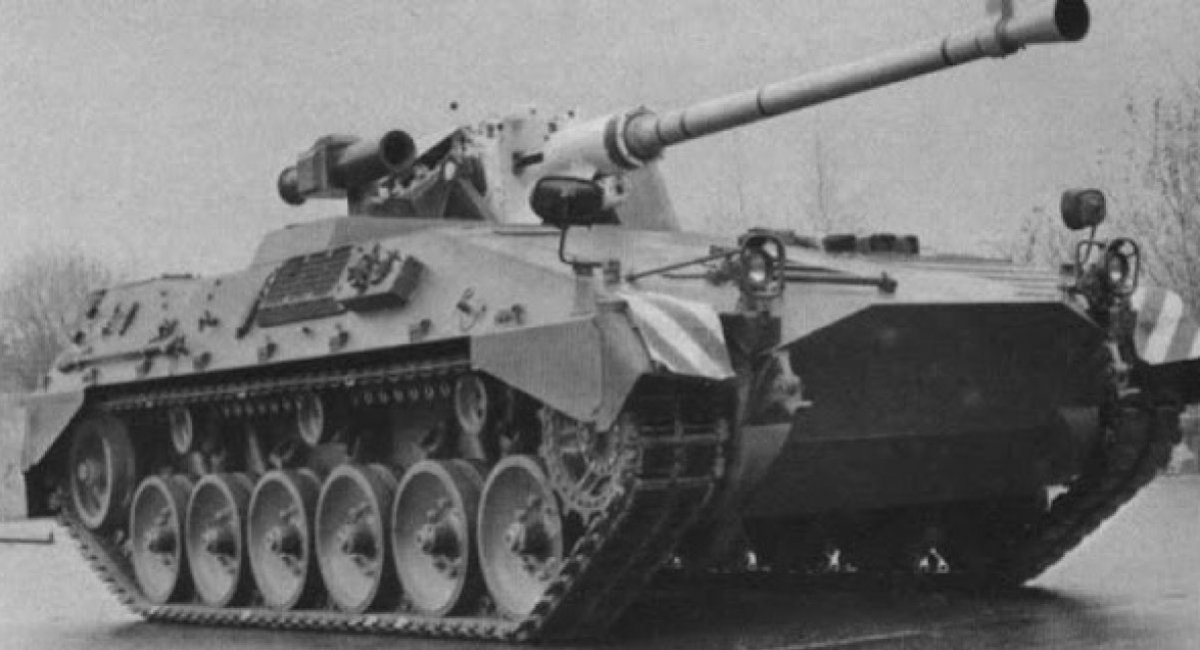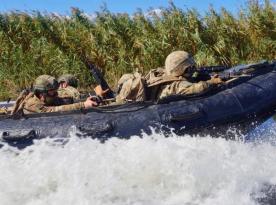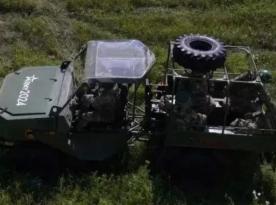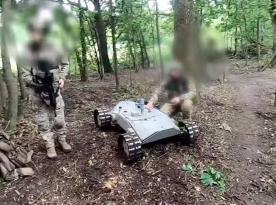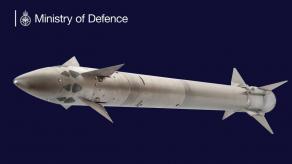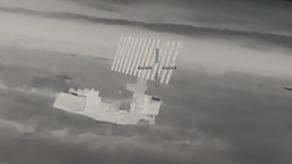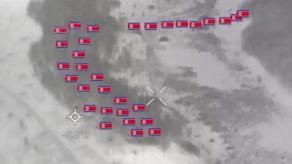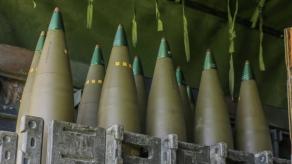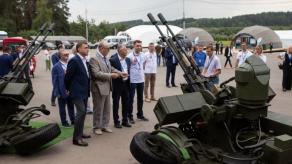Ukrainian military historian Andriy Tarasenko recently proposed an intriguing idea in his blog: that the conceptual predecessor of Russia's BMPT "Terminator" could be found in a West German project from the 1970s and 80s — the Begleitpanzer fire support vehicle, which, despite its potential, was never mass-produced.
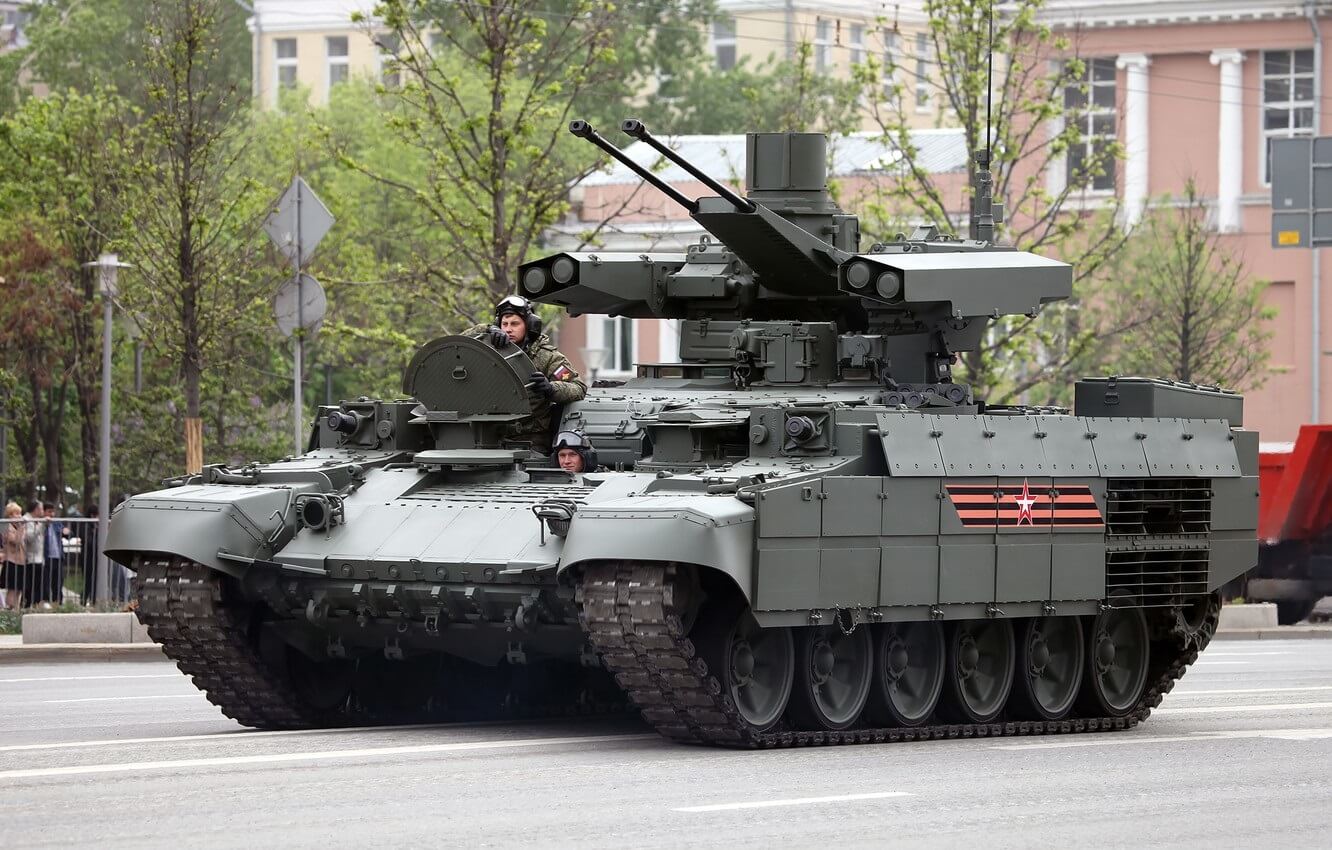
The project, designated Begleitpanzer 57, was launched in the 1970s by defense companies Thyssen-Henschel and Bofors, and based on the chassis of the Marder infantry fighting vehicle. Notably, the vehicle was described as an "infantry escort tank", armed with a 57mm L/70 Mark I autocannon and TOW anti-tank guided missiles.
Read more: Norway Joins Development of GhostEye, the New Radar For Combat-Proven NASAMS
It was envisioned as a 33.5-ton platform capable of speeds up to 75 km/h. On the battlefield, its role was to engage enemy infantry, anti-tank missile systems, and other threats to its accompanying troops and vehicles. In essence, it was a heavily armed infantry fighting vehicle — much like the purpose-defined BMPT Russia later developed.
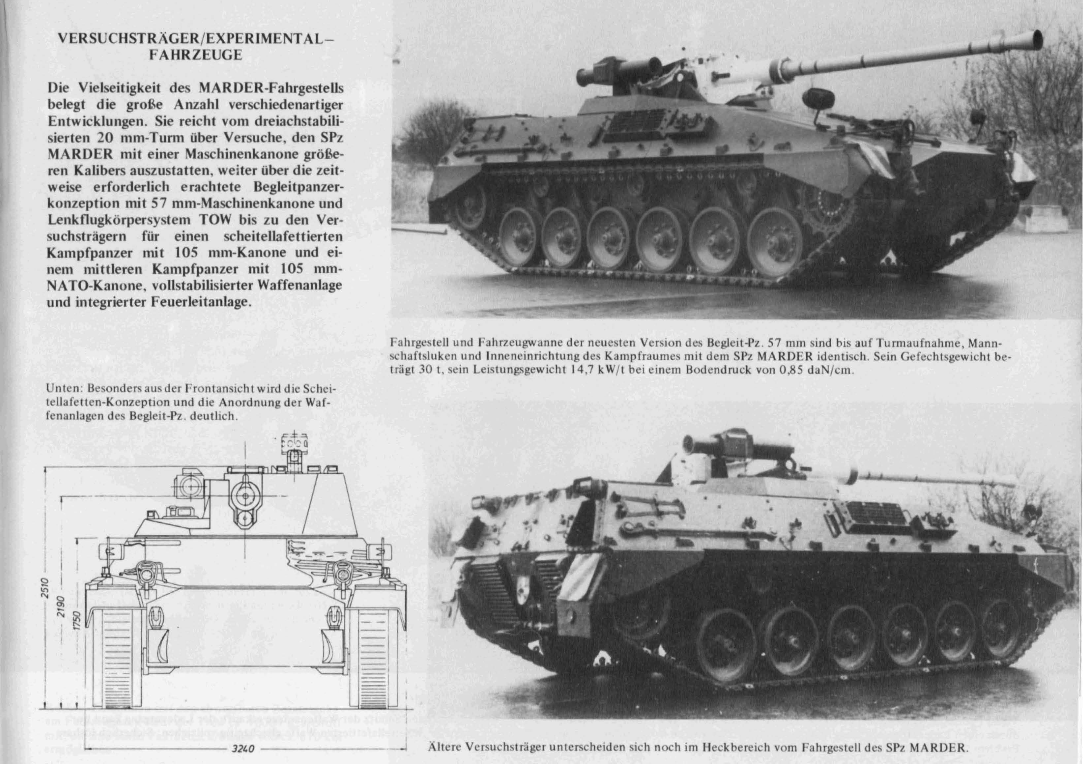
Photos available in open sources confirm that at least one prototype of the Begleitpanzer 57 was built. However, despite the promising concept, the vehicle failed to attract sufficient interest from the West German military, most likely due to budgetary constraints.
Later, in the late 1970s, Germany began working on a unified platform that could serve as a tank, heavy IFV, or other armored combat vehicles. As part of this broader effort, a new version of the Begleitpanzer was envisioned by the design bureau Pietzch.
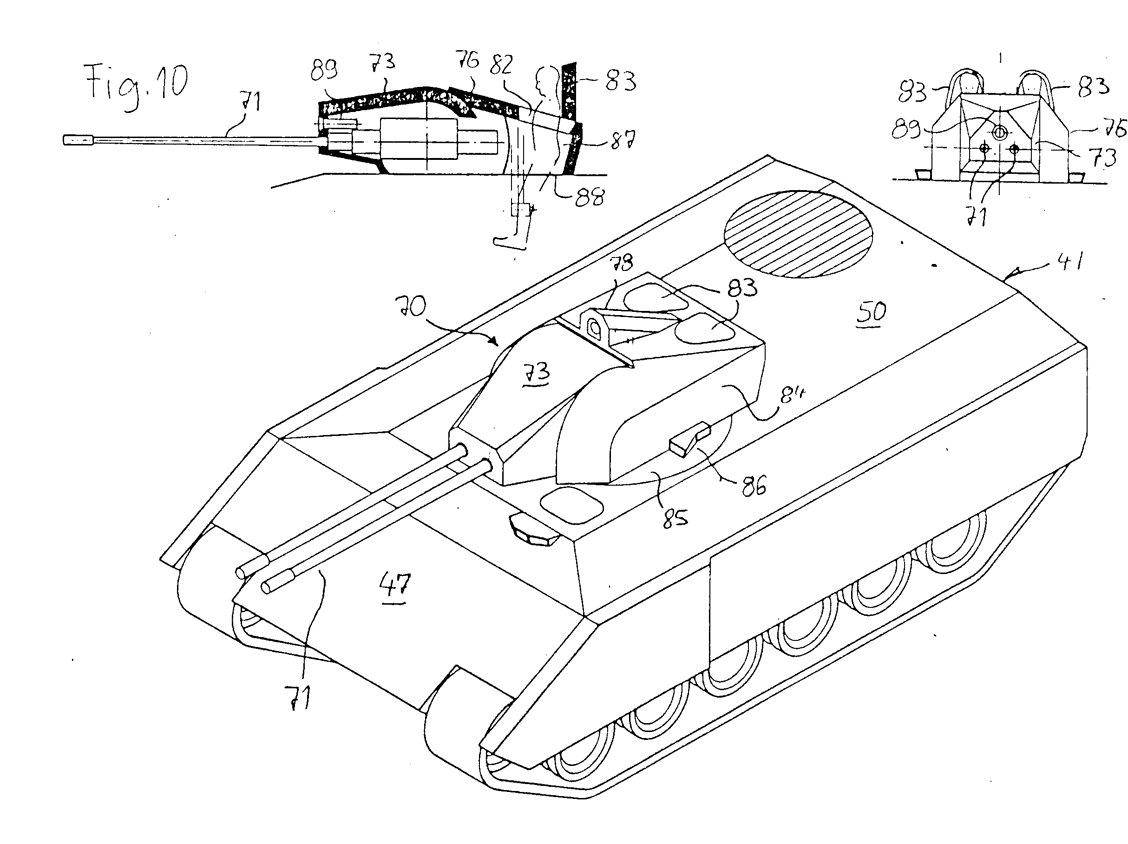
This new concept was remarkably advanced, even compared to the Leopard 2 of that era. It featured a much more efficient internal layout, and, in addition to its crew, could accommodate three dismounts — something the Russian BMPT "Terminator" still lacks. Unfortunately, this version never moved beyond the concept phase, and no prototype was built. Still, its development stands as a testament to the advanced design thinking present in West Germany at the time.
Read more: RapidRanger: What Is the Air Defense System Ukraine Will Buy for €2 Billion?



